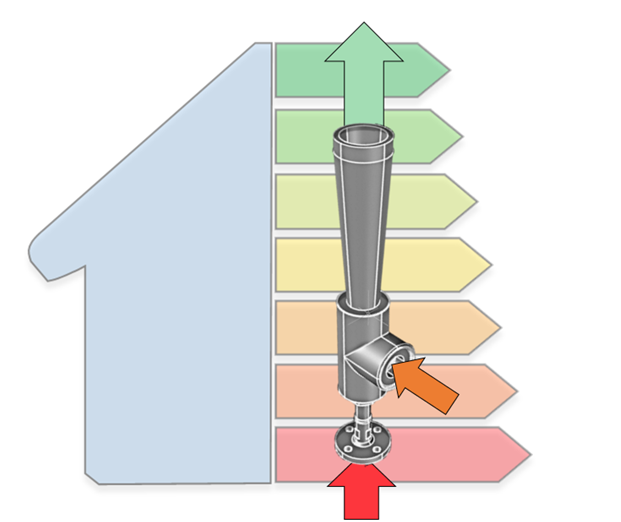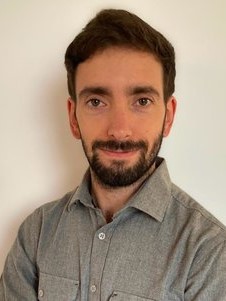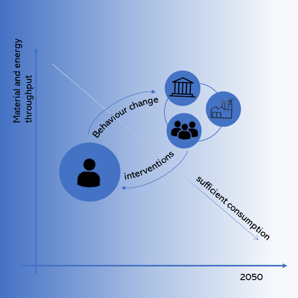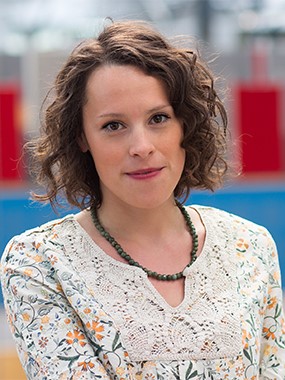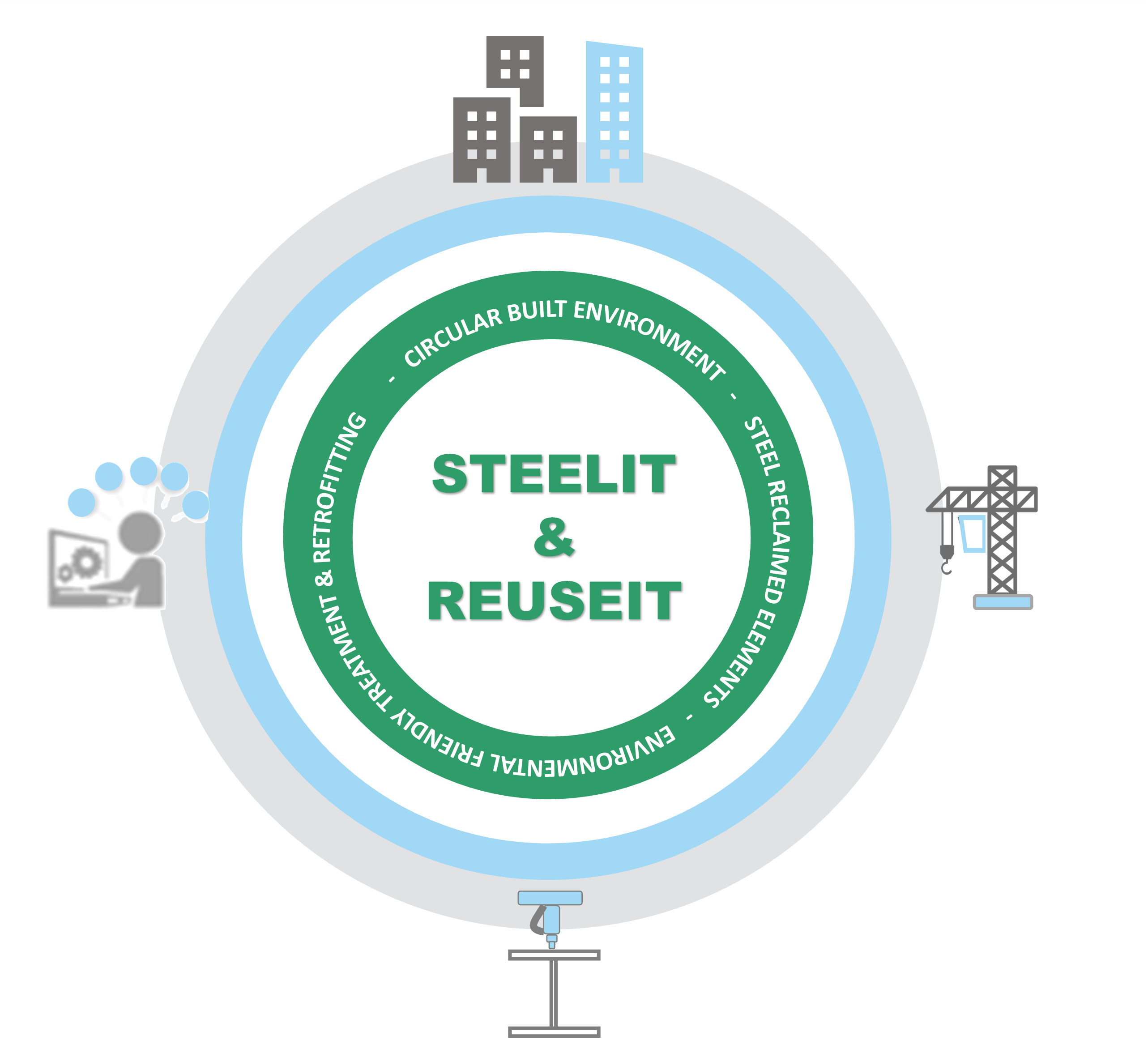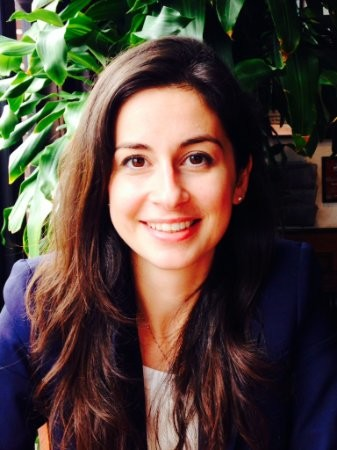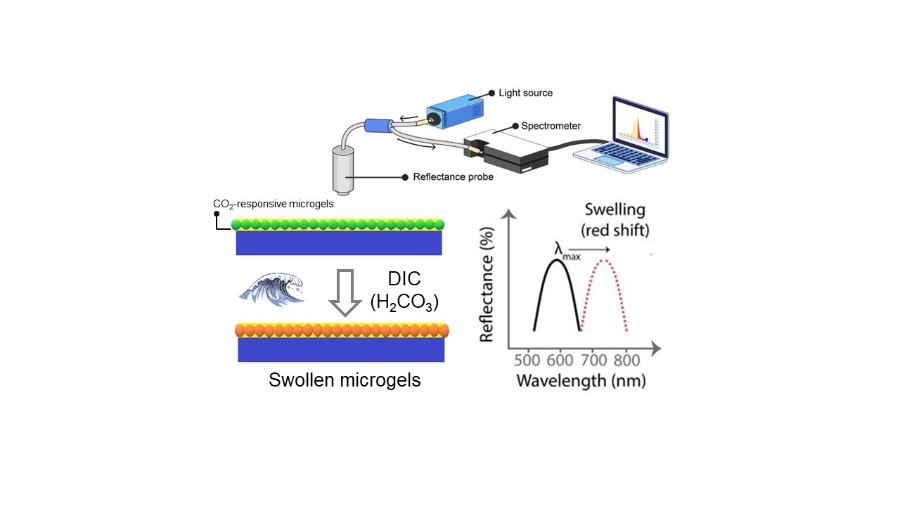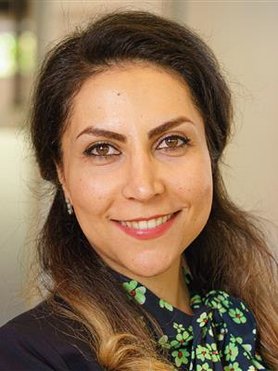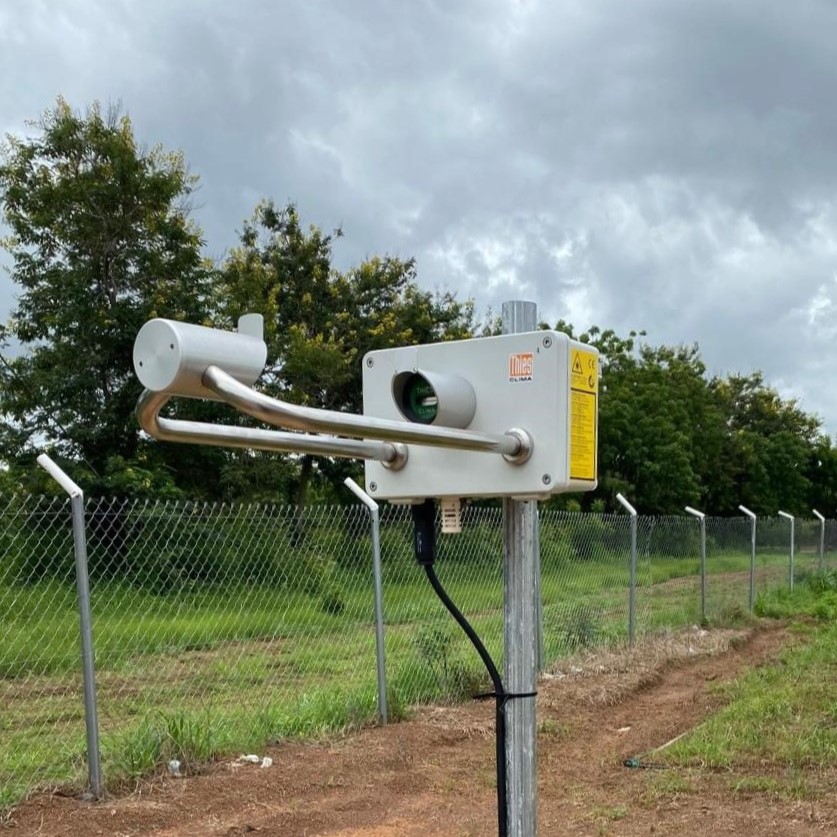Seed Fund Grants 2024 November
The Climate Action Research and Education Seed Fund supports research and education projects related to the TU Delft Climate Action Programme, its themes (science, mitigation, adaptation, governance) and/or its flagship projects.
These are the winners of April 2024:
• Emanuele Zanetti (ME) - EJ-BOOST - EJectors as BOOSTers for cutting-EDGE renewable heating technologies
• Lise Magnier (IDE) - Designing for sufficient consumption. Integrating individual and system-level approaches
• Florentia Kavoura (CEG) - STEELIT & REUSEIT – Environmental friendly techniques for the retrofit of steel reclaimed elements: Towards a circular built environment
• Deepti Adlakha (ABE) - Beyond ‘business as usual’: Assessing the scope of climate action plans to lower current emissions trajectories
• Hanieh Bazyar (AS) - CO2-responsive microgel beads for in-situ detection of dissolved CO2
• Rob Mackenzie (CEG) - The Ruisdael Tamale Observatory Partnership: Long-term Measurement of Raindrop Sizes and Dynamics in Ghana with Dutch Expertise
EJ-BOOST - EJectors as BOOSTers for cutting-EDGE renewable heating technologies.
Ejectors are relatively simple devices capable of entraining and increasing the pressure of a fluid, by exploiting a higher-pressure fluid stream. They are currently being adopted in many engineering applications and processes, and recently gained popularity due to their capability of increasing the efficiency of refrigeration and air conditioning units. This project aims to shed light on unexplored integrations of thermally-driven ejector systems, in the field of renewable cooling and heating generation. Applications such as photovoltaic cooling and district heating/cooling networks will be addressed, considering possible alternative pressure recovery devices
Designing for sufficient consumption. Integrating individual and system-level approaches
Next to technological innovations based on efficiency and carbon removal, behaviour change approaches are needed to radically reduce material and energy consumption, especially in high-consuming groups. To date, research in design for behaviour change has mostly focussed on greener consumption with less emphasis on sufficient consumption which involves strong sustainable behaviour and reduction. This project aims to understand which behaviour changes are constitutive of sufficient consumption, the orders of magnitude of their ecological impact and the different types of perceived sacrifice involved depending on individuals’ characteristics, knowledge, and contexts. Subsequently, we will develop design interventions that decrease perceived sacrifice and soften transition pains integrating both individual and system-level approaches.
STEELIT & REUSEIT – Environmental friendly techniques for the retrofit of steel reclaimed elements: Towards a circular built environment
The construction industry is responsible for about 35% of the global CO2 emissions. The circular economy principles are centered on the idea that we have to design our buildings and infrastructure in such a way that all materials and resources will be reusable and that fossil energy sources are no longer used. Examples of extracted reclaimed steel elements from buildings reaching the end of their first life-cycle have revealed major technical challenges such as corrosion, distortion, local damages during disassembly, and second life-cycle uncertainties when it comes to their structural performance. The Seed Fund aims to establish a collaborative foundation for a larger-scale project to a) enhance the structural reliability of steel reclaimed elements so they do not lose their economic value, and b) propose environmentally friendly techniques for their treatment and retrofitting.
Beyond ‘business as usual’: Assessing the scope of climate action plans to lower current emissions trajectories
Cities worldwide are formulating Climate Action Plans (CAPs) with pledges to reduce emissions and achieve net-zero status. Though such plans have the potential to produce large effects, to date, these initiatives have noticeably failed to yield substantial progress. This project will develop a novel method to systematically evaluate CAPs and provide reliable information on the scope of CAP strategies to local governments. Ultimately, this methodology will bolster city-wide climate policy development, implementation, and governance.
CO2-responsive microgel beads for in-situ detection of dissolved CO2
This project aims to develop responsive microgel beads capable of detecting dissolved CO2 and its speciation in ocean water. By leveraging Fabry-Perot etalon optical devices, these beads will swell or shrink in response to varying CO2 speciation, enabling real-time monitoring of dissolved inorganic carbon (DIC) levels crucial for carbon capture techniques like indirect ocean capture (IOC). The successful implementation of these novel beads could revolutionize DIC detection, facilitating faster and more reliable in-situ monitoring, ultimately advancing efforts to achieve negative global CO2 emissions by 2050 and mitigate global warming impacts.
The Ruisdael Tamale Observatory Partnership: Long-term Measurement of Raindrop Sizes and Dynamics in Ghana with Dutch Expertise
The Ruisdael Tamale Observatory Partnership is a new collaboration between TU-Delft and the Nyankpala University in Ghana, that addresses the critical need for more rainfall data across Africa. The seed funds will be used to refurbish outdated rainfall sensors generously donated to TU Delft by the German weather service, strategically deploying them around Nyankpala campus. Led by the Ruisdael team at TU Delft and the Water Management Department, the initiative will encompass professional sensor installation, knowledge transfer workshops, and ongoing support for sensor operations and data management. Through the restoration and deployment of legacy sensor technology, the project seeks to deepen scientific insights into African rainfall dynamics while empowering local communities to build more resilience against changing rainfall patterns.
